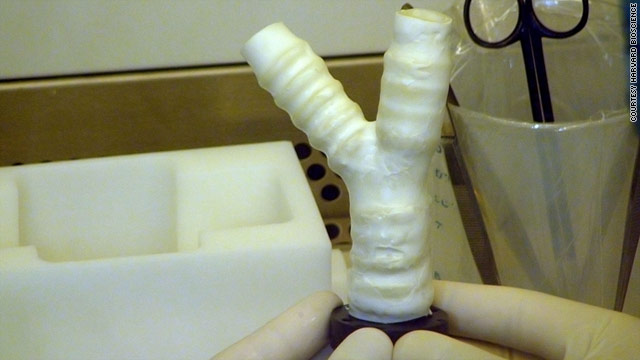Fair warning: This article will piss off a lot of you.
I can say that with confidence because it’s about Peter Thiel. And Thiel – the PayPal co-founder, hedge fund manager and venture capitalist – not only has a special talent for making money, he has a special talent for making people furious.
Some people are contrarian for the sake of getting headlines or outsmarting the markets. For Thiel, it’s simply how he views the world. Of course a side benefit for the natural contrarian is it frequently leads to things like headlines and money.
Consider the 2000 Nasdaq crash. Thiel was one of the few who saw in coming. There’s a famous story about PayPal’s March 2000 venture capital round. The offer was “only” at a $500 million-or-so valuation. Nearly everyone on the board and the management team balked, except Thiel who calmly told the room that this was a bubble at its peak, and the company needed to take every dime it could right now. That’s how close PayPal came to being dot com roadkill a la WebVan or Pets.com.
And after the crash, Thiel insisted there hadn’t really been a crash: He argued the equity bubble had simply shifted onto the housing market. Thiel was so convinced of this thesis that until recently, he refused to buy property, despite his soaring personal net worth. And, again, he was right.
So Friday, as I sat with Thiel in his San Francisco home that he finally owns, I was curious what he thinks of the current Web frenzy. Not surprisingly, another Internet bubble seemed the farthest thing from his mind. But, he argued, America is under the spell of a bubble of a very different kind. Is it an emerging markets bubble? You could argue that, Thiel says, but he also notes that with half of the world’s population surging to modernity, it’s hard to argue the emerging world is overvalued.
Instead, for Thiel, the bubble that has taken the place of housing is the higher education bubble. “A true bubble is when something is over-valued and intensely believed,” he says. “Education may be the only thing people still believe in in the United States. To question education is really dangerous. It is the absolute taboo. It’s like telling the world there’s no Santa Claus.”
Tech Crunch











